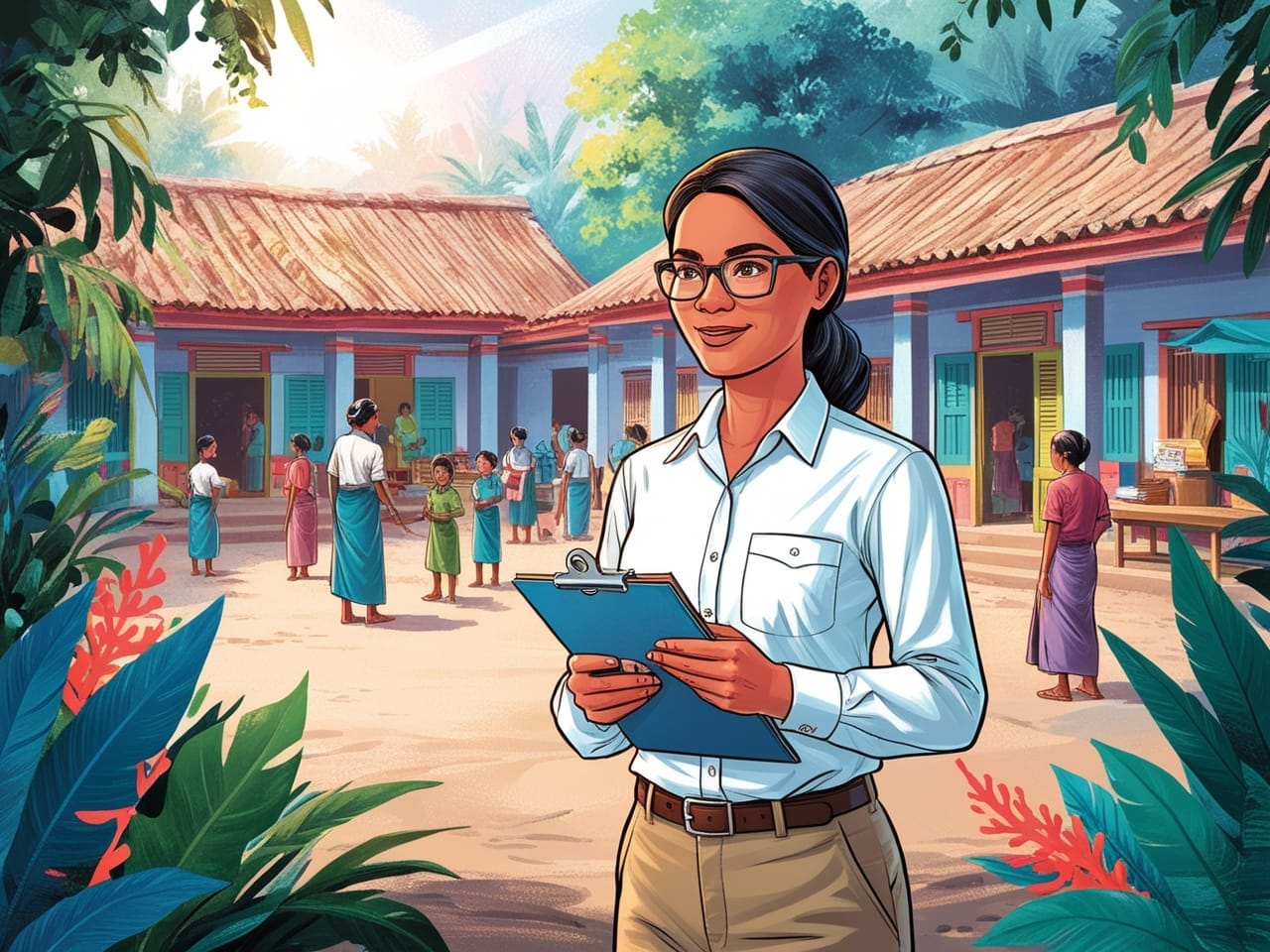Woman Trafficking in Indonesia: An Alarming Crisis
Introduction to Woman Trafficking in Indonesia
Woman trafficking in Indonesia remains a significant humanitarian crisis, affecting thousands of women and girls annually. This underground industry preys on vulnerable individuals, exploiting their socio-economic challenges. Although Indonesian authorities have taken measures to combat this crime, the practice persists due to the complexity of its networks and the myriad socio-economic factors involved. This article delves deeply into the causes, impacts, and potential solutions surrounding the issue of woman trafficking in Indonesia.
Understanding the Scope of Trafficking in Indonesia
Indonesia’s geographical location and economic disparity create a fertile ground for human trafficking networks. As a country comprising thousands of islands, Indonesia serves as both a source and transit country for trafficked women. Many victims are lured by the promise of better employment opportunities in cities or abroad, only to find themselves entrapped in forced labor or the commercial sex industry. According to reports from international and local NGOs, thousands of Indonesian women are trafficked each year, with cases often going underreported due to social stigma and intimidation faced by survivors.
Root Causes of Woman Trafficking in Indonesia
1. Economic Inequality and Poverty
Poverty is one of the primary drivers of trafficking in Indonesia. Many families live in extreme poverty, especially in rural areas, making them susceptible to the false promises of traffickers. Desperate to provide for their families, women are often manipulated into accepting dangerous job offers, which eventually lead to exploitative conditions. The lack of sustainable income opportunities in villages pushes them to seek employment abroad, a route often exploited by trafficking syndicates.
2. Lack of Education and Awareness
A limited access to education exacerbates the problem, as many women and their families are unaware of the risks of trafficking. Illiteracy and lack of knowledge about human rights contribute to their vulnerability, making it easier for traffickers to deceive them. Moreover, insufficient public awareness campaigns fail to reach remote regions, leaving many communities uninformed about the dangers they might face.
3. Weak Law Enforcement and Corruption
While Indonesia has introduced laws to combat human trafficking, enforcement remains inconsistent. Corruption within local law enforcement agencies can hinder efforts to bring traffickers to justice. In some cases, trafficking networks bribe officials to look the other way, allowing traffickers to operate with impunity. This lack of accountability allows traffickers to expand their operations, further endangering vulnerable women.
Forms of Exploitation Faced by Trafficked Women
1. Forced Labor
Many trafficked women end up in domestic servitude, working in homes under inhumane conditions without pay. Traffickers often confiscate their identity documents, making escape nearly impossible. These women are subjected to physical and emotional abuse, with limited access to medical care and support.
2. Sexual Exploitation
Sexual exploitation is another prevalent form of trafficking in Indonesia. Women are coerced or tricked into prostitution rings or entertainment establishments. Traffickers use debt bondage as a means of control, forcing women to work until their fabricated debts are paid off. The psychological trauma experienced by victims often leads to long-term mental health issues, including depression and anxiety.
3. Child Marriage
In many cases, young girls are sold into marriage by their families due to economic hardship. These marriages often become a form of domestic trafficking, where young brides are subjected to forced labor and abuse. This practice, though illegal, persists in remote areas, contributing to the cycle of exploitation.
Impact of Woman Trafficking on Indonesian Society
The human cost of trafficking is immeasurable, leaving a lasting impact on the victims and their families. Survivors often experience psychological distress, physical injuries, and stigmatization upon returning to their communities. The trauma inflicted can impair their ability to reintegrate into society, hindering their access to education and employment. For the broader Indonesian society, trafficking undermines economic development and social cohesion, perpetuating cycles of poverty and exploitation.
Government Efforts and Challenges in Combating Trafficking
1. Legislation Against Trafficking
The Indonesian government has enacted several laws to address human trafficking, including the 2007 Anti-Trafficking Law. This legislation criminalizes all forms of trafficking and provides legal protection to victims. However, implementation remains a challenge due to limited resources and bureaucratic inefficiencies. Coordination between law enforcement agencies, NGOs, and international bodies is critical to effectively combat trafficking networks.
2. International Collaboration
Indonesia collaborates with neighboring countries and international organizations to combat transnational trafficking. Joint operations and information-sharing initiatives have led to the rescues of trafficked victims and the arrest of traffickers. Despite these efforts, the cross-border nature of trafficking requires stronger bilateral agreements and regional cooperation to dismantle trafficking rings.
3. Support for Survivors
Rehabilitation and reintegration programs play a crucial role in helping survivors rebuild their lives. The government, along with NGOs, offers safe houses, counseling services, and skills training to help victims reintegrate into society. However, funding limitations and the stigma faced by survivors often hinder the effectiveness of these programs.
Recommendations for Strengthening Anti-Trafficking Efforts
1. Enhancing Community Education and Awareness
Increasing public awareness about the dangers of trafficking is essential to prevent exploitation. The government should invest in education programs targeting rural communities and collaborate with local leaders to disseminate information. Grassroots campaigns can help build resilience against traffickers’ deceptive tactics.
2. Strengthening Law Enforcement and Transparency
To improve the efficacy of anti-trafficking laws, Indonesia must ensure transparency and accountability within its law enforcement agencies. Increasing training for police officers on handling trafficking cases with sensitivity and ensuring proper investigation procedures can significantly enhance victim protection and justice delivery.
3. Economic Empowerment Initiatives
Providing economic opportunities for women in rural areas can reduce their vulnerability to traffickers. The government should prioritize micro-financing programs and entrepreneurship training to help women achieve financial independence. Job creation and skills training can empower communities to become more resilient against exploitation.
Conclusion: A Call to Action
Addressing the issue of woman trafficking in Indonesia requires a holistic approach that tackles the root causes and strengthens protective mechanisms. It is imperative for the government, international organizations, NGOs, and local communities to collaborate in creating a safer environment for women and girls. By focusing on education, economic empowerment, and rigorous law enforcement, Indonesia can make strides towards eradicating this grave human rights violation. The journey to end woman trafficking is long and complex, but with sustained efforts, we can pave the way towards a future where every woman is safe, respected, and free from exploitation.
Source: rfwchicago.org



















